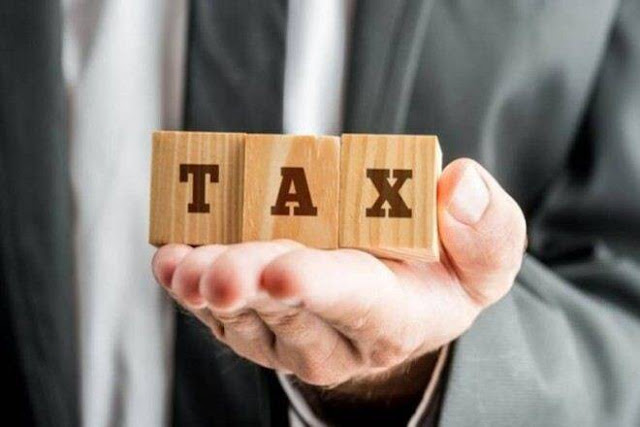Exempt allowances for salaried taxpayers in New Tax Regime
As a relief to taxpayers who have opted for the new tax regime, CBDT has informed that a salaried employee who chooses the new income tax regime instead of the old can claim certain exempt allowances.
The Finance Act, 2020 had presented another Concessional Tax Rate (CTR) system for individuals and Hindu Undivided Families (HUFs) wherein they were permitted to offer their all out income at lower section rates endorsed under the CTR system gave they swear off certain predefined derivations, exclusions, presented misfortunes and unabsorbed devaluation.
It might be noticed that the New CTR system is discretionary for taxpayers and the alternative can be practiced in each tax year where the taxpayer doesn't have business or expert income. Such taxpayers need to practice the alternative alongside the arrival of income to be documented prior to the due date given under the arrangements of the Income-Tax Act, 1961.
In different cases, the alternative, once practiced by a taxpayer, is unavoidable until business/calling stops and whenever quit at whatever year, such taxpayer can't pick in again till the business/calling stops. For such taxpayers, the CBDT will endorse the structure and way of activity of choice under the new CTR system. If there should arise an occurrence of salaried taxpayers, the CBDT allowed the businesses to consider CTR for pay retaining tax purposes on the worker outfitting a hint with that impact to the business, according to an EY tax alert.
The Concessional Tax Rate system allows the CBDT to advise the stipends which will keep on being excluded in the hands of the salaried taxpayers deciding on CTR.
CBDT Notification
1.In exercise of power conceded by the Concessional Tax Rate system, the CBDT has endorsed the accompanying remittances which will keep on being excluded in the hands of salaried taxpayers choosing CTR, to the degree and subject to the conditions indicated for benefiting exclusion for such stipends in ordinary course:
a. Any stipend allowed to meet the expense of movement on visit or on move
b. Any recompense, regardless of whether allowed on visit or for the time of excursion regarding move, to meet the standard day by day charges acquired by a representative by virtue of nonattendance from his/her typical spot of obligation
c. Any remittance conceded to meet the use caused on movement in execution of obligations of an office or work of benefit (aside from where free transport is given by the business)
d. Transport remittance allowed to a representative, who is visually impaired or not too sharp or orthopaedically handicapped with incapacity of lower furthest points, to meet his/her consumption to drive between the spot of his/her living arrangement and the spot of his/her obligation in India, up to Rs 3,200 every month
2. It must be noticed that the conditions to be satisfied for benefiting exceptions in typical course for above alluded remittances will keep on applying. For example, the initial three stipends indicated above are excluded just on the off chance that they are explicitly conceded to meet the costs completely, essentially and solely acquired in the presentation of obligations of an office or work of benefit to the degree to which such costs are actually brought about for that reason.
3. Moreover, the Notification has evacuated the exclusion in regard of free food and non-mixed refreshment gave by boss through paid vouchers to the degree the worth thereof doesn't surpass Rs 50 for each feast and, therefore, such exception won't have any significant bearing to salaried taxpayer settling on the Concessional Tax Rate system. It will keep on applying for salaried taxpayers not selecting CTR.
4. The above alluded corrections will happen from 1 April 2021 and will apply to the tax year 2020-21 (appraisal year 2021-22) and ensuing years.
Remarking on the equivalent, the EY tax ready says, "The CBDT Notification is in accordance with plan of CTR clarified in the Explanatory Memorandum to Finance Bill 2020 and, in this way, executes the declaration made as a major aspect of Union Budget on February 1, 2020. Managers should consider the above alluded revisions while doing compensation retraining for the remainder of the current tax year 2020-21 subsequent to making proper alterations for abundance or shortage of tax, assuming any, emerging due to non-awareness of the above changes in pay retaining for April and May 2020 pending the issue of a conventional notice by the CBDT in accordance with Explanatory Memorandum."



klinika-avershina
ReplyDelete.